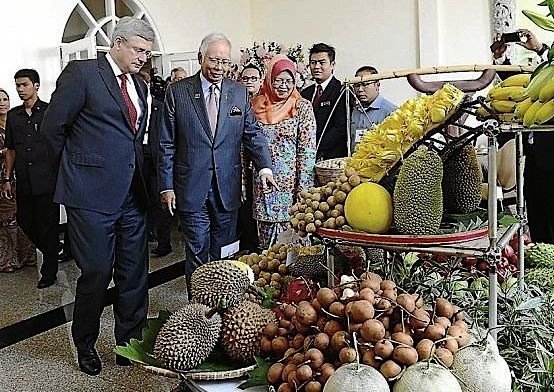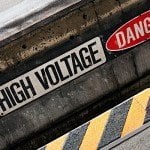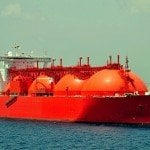While the state visit of China’s President Xi Jinping to Malaysia certainly overshadowed that of Stephen Harper, it’s doubtful that Xi left feeling as upbeat as Harper did. Harper’s three-day official visit included signing a $36 billion deal with Malaysia’s giant state-owned oil company Petronas. The investment in Canada’s liquefied natural gas (LNG) industry is the largest direct foreign investment in Canada ever.

Petronas, which took over Progress Energy of Calgary in 2012 for $5 billion, will build an LNG plant in Prince Rupert, British Columbia, and a pipeline to feed it. The $36 billion cost includes that earlier acquisition cost for Progress Energy.
According to reports from Malaysian media, Petronas gave assurances to the Canadian government that the Malaysian government would have minimal involvement in the enterprise’s daily operations. Commitments in the areas of governance, transparency, employment and capital investment were also made. These commitments follow the Canadian government’s tightening of restrictions on foreign ownership by state-owned enterprises. This is the first major foreign investment in Canada since those restrictions took effect. Any investment by a foreign state-controlled enterprise that exceeds $344 million must be reviewed.
The announcement of the Petronas investment comes just a few days after former conservative cabinet minister Jim Prentice told the Oil & Money conference in London, England, that foreign investment in Canada’s energy sector had plummeted since the government’s tighter regulations took effect. At the time he made his comments, foreign investment to date in 2013 stood at just $2 billion, compared to $27 billion in 2012. Prentice urged that the Canadian government reassure foreign investors that they were welcome in Canada. Chinese investment in Canada has dropped off markedly since its state-owned CNOOC successfully acquired Nexen for $15.1 billion in 2012. It was that takeover that prompted the tougher restrictions.
The Petronas investment includes the cost of drilling wells and building infrastructure, including roads and port terminals. Other potential investment in the LNG sector in British Columbia, including proposals by Chevron and Shell, could amount to more than $200 billion in the coming six to seven years, according to analysts. So far, no project has been approved or given a firm timeline for completion.
The Financial Post reported that Petronas has engaged Bechtel “and others” to complete front-end engineering work for the LNG venture, and may build some components offshore “to keep costs down.”
At present, there is a difference of approximately $13 per thousand cubic feet between the cost of natural gas in Asia and in Canada. That difference favours Canada, and governments and producers alike are working out how to take advantage of it, without pricing themselves out of the market. The BC government says it is close to coming up with an export tax scheme on LNG that will be fair.































